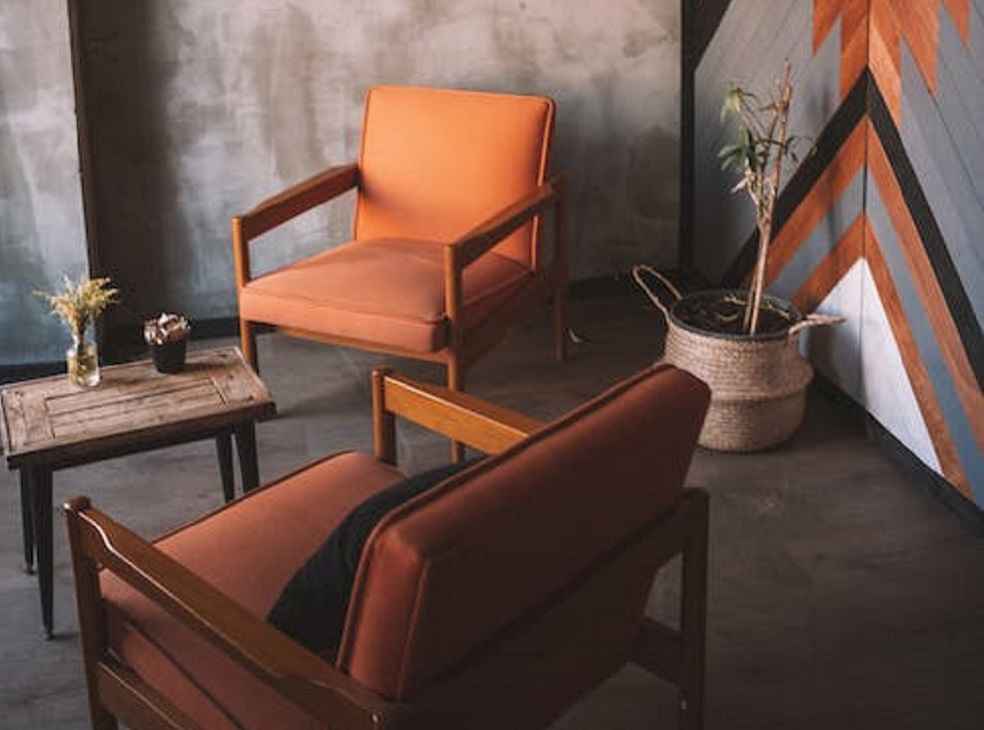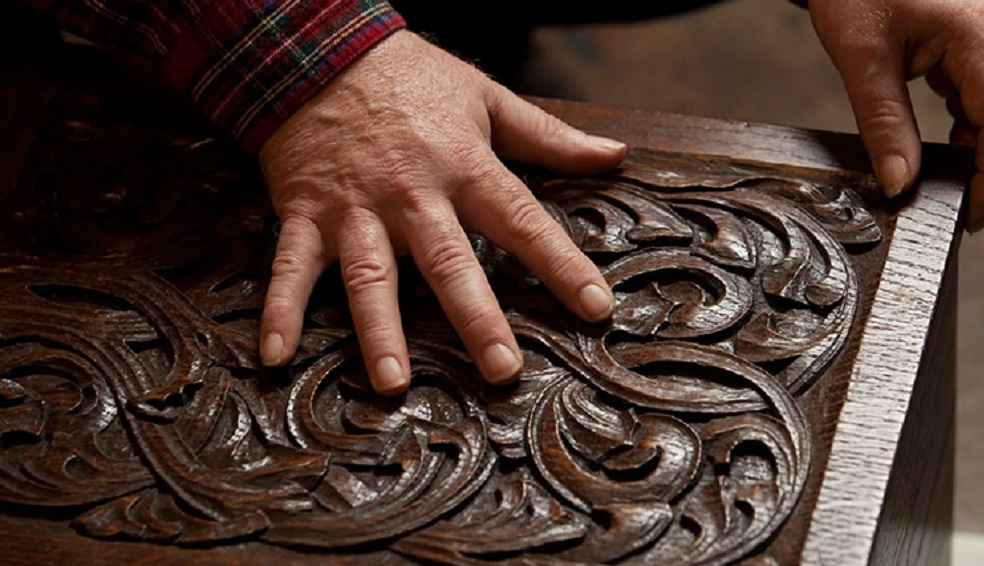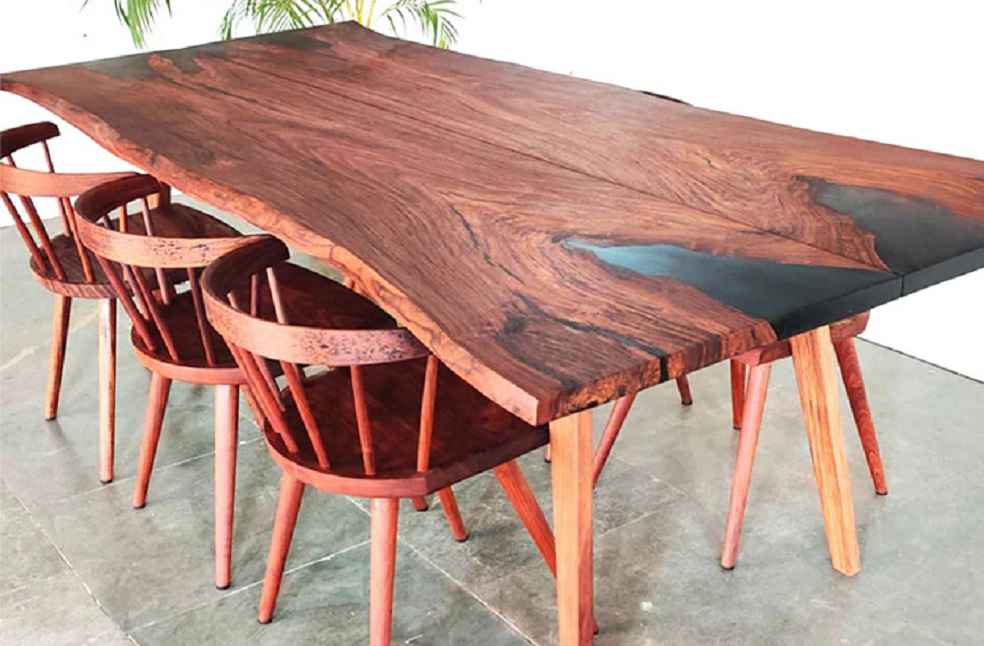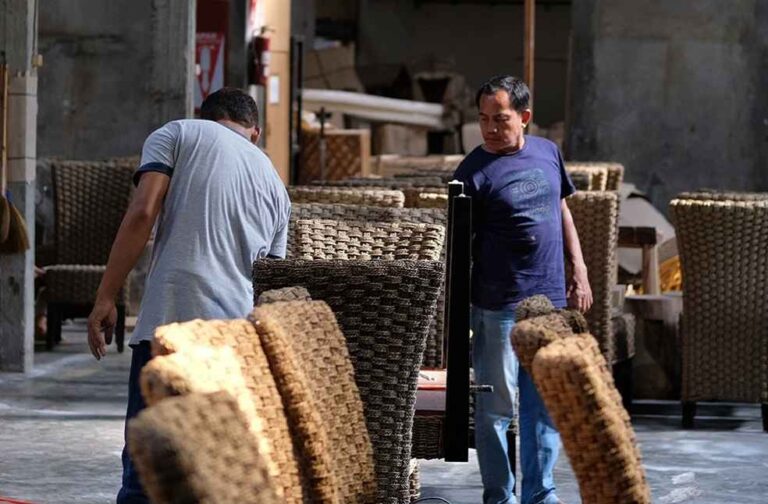The Bangladesh government has declared furniture as the ‘Product of the Year’ after witnessing a rebound in exports during the first seven months of the current fiscal year, signaling strong potential for growth in the sector.
Local furniture manufacturers view this recognition as a milestone and are advocating for policy support, including duty-free raw material imports and bonded warehouse facilities, to further unlock the industry’s export capabilities.
According to the Export Promotion Bureau (EPB), Bangladesh’s furniture industry generated $26.67 million in export earnings between July and January of FY 2024-25, marking a 13.65 percent increase compared to the same period in the previous year. Despite global economic challenges, the sector experienced a surge in FY 2021-22, reaching $110.36 million in exports. However, this was followed by a downturn, with earnings declining to $52.65 million in FY 2022-23 and further dropping to $45.7 million in FY 2023-24.

EPB officials emphasize that despite these fluctuations, the sector has demonstrated resilience and potential over the past five years, indicating a promising trajectory for sustained global market expansion.
Industry experts believe that with strategic government intervention, such as competitive pricing policies and streamlined raw material imports, Bangladesh can strengthen its foothold in the global furniture market. The country’s skilled workforce, coupled with innovative design capabilities and cost-effective production, positions it as a strong competitor against leading exporters like Vietnam.
EPB Vice-Chairman Anwar Hossain projects that, with adequate policy support, the sector could generate around $3 billion in export earnings by 2030. “Before declaring the ‘Product of the Year,’ we conducted a thorough study on both local and international market potential,” Hossain stated. “The sector holds significant opportunities for future export growth.”

Hossain noted that the industry has yet to receive the level of policy backing granted to the readymade garment (RMG) sector. However, discussions with the National Board of Revenue (NBR) regarding the implementation of a bonded warehouse facility are already underway. “We anticipate positive developments within the next three weeks, as the NBR is actively working on it,” he added.
Bangladesh’s domestic furniture market is valued at approximately Tk 30,000 crore annually, while exports currently stand at around $50 million. In comparison, Vietnam’s domestic furniture market is valued at about $2.5 billion, with furniture exports reaching $17 billion.
Hossain underscored two primary benefits of increasing furniture exports: job creation, as the sector is labor-intensive, and a boost to the country’s overall export earnings.
Selim H Rahman, Chairman and Managing Director of Hatil Furniture, described the government’s declaration as an acknowledgment of the sector’s export potential. “We have already demonstrated the industry’s promise, with some manufacturers successfully exporting furniture to the Middle East, India, and Nepal,” he said.

Rahman highlighted the industry’s reliance on imported raw materials, as they are not available locally. “To fully capitalize on export opportunities, we require a bonded warehouse facility, similar to that of the RMG sector,” he stated.
Echoing this sentiment, Kamruzzaman Kamal, Marketing Director of Pran-RFL Group, which exports furniture under the brand Regal Furniture, emphasized the need for government support akin to the assistance provided to China and Vietnam for importing raw materials. “If the government extends its cooperation, the furniture sector has the potential to thrive in exports,” he asserted.
With government recognition now in place, industry stakeholders are optimistic that appropriate policy measures will pave the way for sustained growth, transforming Bangladesh into a significant player in the global furniture market.
BUSINESS GENERAL | Malaysia Expands Durian Exports to China, Challenging Thailand’s Dominance



